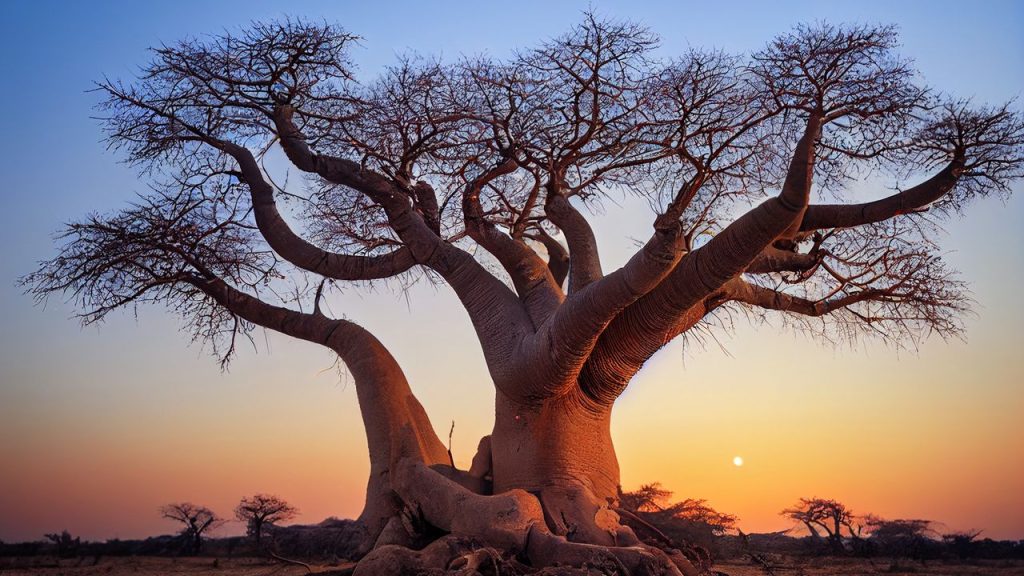Cultural Experiences in Africa: Unveiling the Richness of Historical Landmarks, Cultural Exchange, and Traditional Ceremonies
When it comes to cultural experiences, Africa is a continent that never fails to captivate and amaze. With its diverse history, vibrant traditions, and breathtaking landscapes, Africa offers a treasure trove of experiences for those seeking to immerse themselves in its rich heritage. In this article, we will explore three aspects that make cultural experiences in Africa truly unforgettable: historical landmarks, cultural exchange, and traditional ceremonies.
Historical Landmarks: Unveiling the Past
Africa is home to some of the world’s most remarkable historical landmarks, each with its own unique story to tell. From the Great Pyramids of Egypt to the ancient rock-hewn churches of Lalibela in Ethiopia, these landmarks offer a glimpse into the rich history and architectural marvels of the continent.
One cannot miss the awe-inspiring Great Zimbabwe, an ancient city that was once the capital of the Kingdom of Zimbabwe. The towering stone walls and intricate stonework are a testament to the advanced civilization that thrived here centuries ago.
Another must-visit landmark is the Robben Island in South Africa, where Nelson Mandela was imprisoned for 18 years. A tour of the prison provides a poignant reminder of the struggles and triumphs of the anti-apartheid movement.
Cultural Exchange: Embracing Diversity
One of the most enriching aspects of visiting Africa is the opportunity for cultural exchange. The continent is a melting pot of diverse cultures, languages, and traditions. Interacting with local communities allows visitors to gain a deeper understanding of the people and their way of life.
Visiting a Maasai village in Kenya or Tanzania, for example, offers a chance to learn about their nomadic lifestyle, traditional dances, and intricate beadwork. Engaging with the Maasai people provides a glimpse into their strong sense of community and deep connection with the land.
Similarly, a visit to the Dogon villages in Mali unveils a society that has preserved its ancient customs and beliefs for centuries. The intricate mud-brick architecture and vibrant masks used in traditional ceremonies showcase the artistic prowess of the Dogon people.
Traditional Ceremonies: A Celebration of Heritage
Traditional ceremonies in Africa are a vibrant celebration of heritage and a testament to the resilience of its people. These ceremonies offer a unique opportunity to witness age-old rituals, music, dance, and storytelling.
The Ouidah Voodoo Festival in Benin is a captivating event that showcases the country’s spiritual traditions. Participants adorned in colorful costumes and intricate body paint engage in ritual dances and ceremonies, creating an electrifying atmosphere.
Another noteworthy ceremony is the Reed Dance in eSwatini (formerly Swaziland). This annual event sees thousands of young women gather to present reeds to the queen mother, celebrating their purity and cultural identity. The vibrant dances and singing create a spectacle that is both mesmerizing and joyful.
Conclusion
From historical landmarks that reveal the continent’s past to cultural exchanges that foster understanding and appreciation, and traditional ceremonies that celebrate Africa’s vibrant heritage, the cultural experiences in Africa are truly unparalleled. Whether you are exploring ancient ruins, engaging with local communities, or witnessing traditional ceremonies, Africa offers a journey that will leave a lasting impression on your heart and soul.

